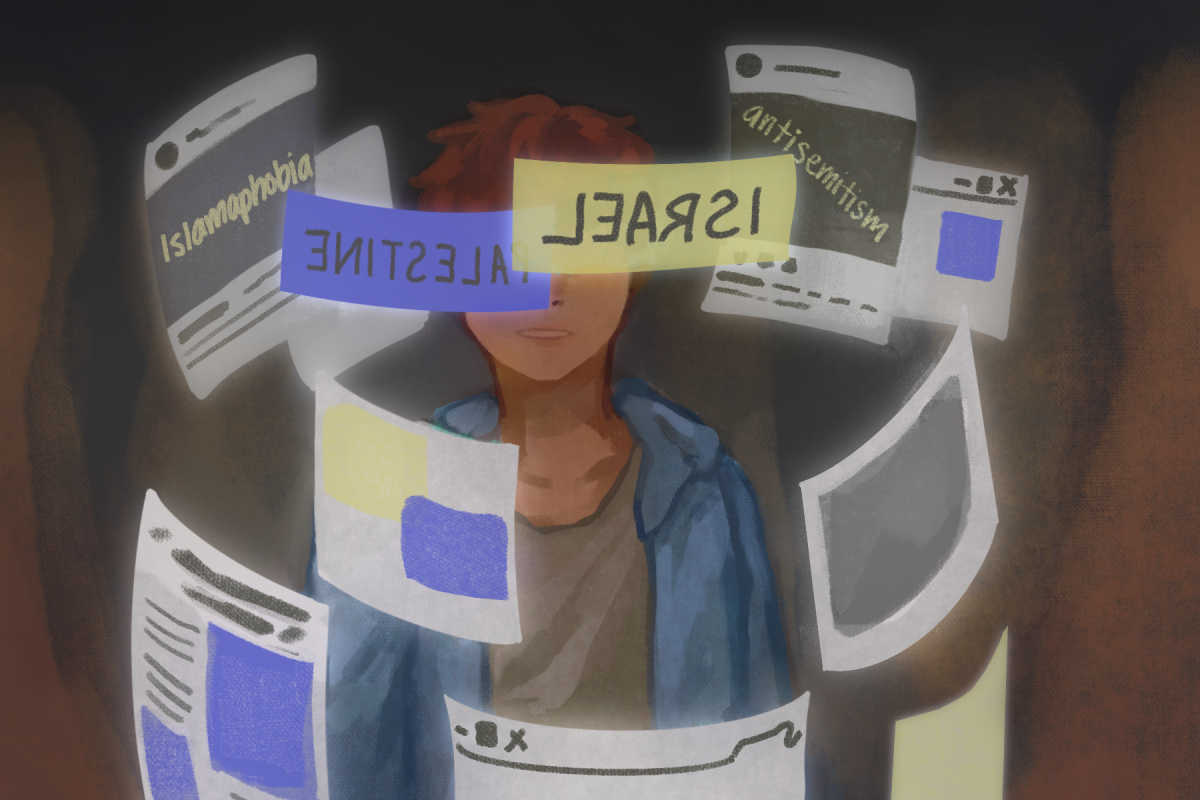Standardized tests, meant to gauge knowledge and skills for college readiness, became irrelevant to an ever-changing college admissions process. With a majority of schools choosing to keep their COVID-19 test-optional practices, with some completely eliminating the consideration of test scores completely, the observation of some colleges reverting to pre-pandemic policies appears out of touch by reinstating a flawed system of measuring a student’s college preparedness.
The University of California Board of Regents declared that standardized test scores will not be required for fall 2023 and fall 2024, eliminating the consideration of Scholastic Aptitude Test (SAT) or ACT test scores in future applications. The California State University Board of Trustees followed in the same decision.
However, despite the sympathetic decision of colleges to continue test-optional policies, schools such as Yale, Dartmouth and the University of Texas at Austin (UT Austin) will start requiring standardized test scores from applicants beyond the 2025-26 application cycle. These decisions made by schools to reinstate standardized tests arrive as these exams attempt to remain relevant and adapt to the digital age.
The SAT, administered by the College Board, switched to a fully digital format in the U.S. in spring 2024, leaving students stressed about studying for a new testing structure . The College Board boasts that the SAT plays a critical role in the college admissions process, affecting students’ access to scholarships and other opportunities, furthering the pressure for students to perform well to even be considered for such awards.
With shifts in both the SAT format and the college admissions process, students will be struck with test anxiety. The digitalization of the SAT brought changes like two modules and multistage adaptive testing. These alterations bend the definition of the SAT being standardized as student performance in the first module determines the questions in the second module.
However, with a completely new test structure in place, the resources necessary for students to prepare for and understand the digital SAT exhibit a disparaging gap caused by who has access to them.
Access to effective resources for standardized tests is highly dependent on income. From previous years to recent data from 2022, the College Board’s SAT Suite of Assessments annual reports indicate that the SAT favors students with higher family income. Appropriate test prep may not be accessible to lower-income families and students of color, leaving a grave contrast in who can achieve a higher score.
The consideration of the fluidity of the new digital SAT only demonstrates the failed standardized view of measuring the college readiness of students within the college application process.
 Considering this, standardized tests should not be used in the application process. If test scores cannot accurately represent a student’s college readiness and capabilities, the use of standardized testing in the college admissions process will only act to reduce opportunities for applicants, preserving a flawed system that attempts to measure students’ performance.
Considering this, standardized tests should not be used in the application process. If test scores cannot accurately represent a student’s college readiness and capabilities, the use of standardized testing in the college admissions process will only act to reduce opportunities for applicants, preserving a flawed system that attempts to measure students’ performance.
Graphic by Andre Arcilla.













